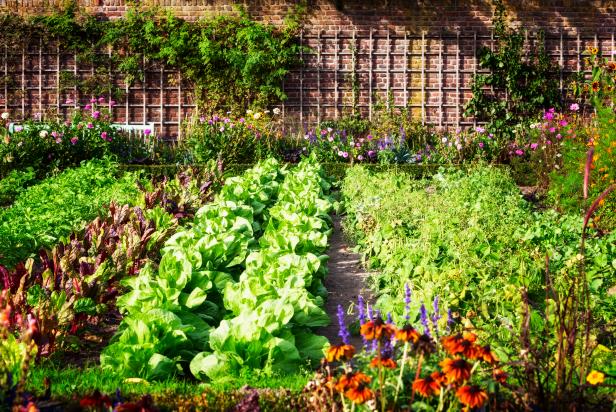
Cultivate Freshness: Maximize Your Veg Garden Space
Embracing the Green Lifestyle: Introduction
In a world where sustainability and self-sufficiency are becoming increasingly important, there’s no better way to embrace the green lifestyle than by cultivating your own vegetable garden. Not only does it provide you with fresh and nutritious produce, but it also allows you to connect with nature and reduce your environmental footprint.
Optimizing Your Garden Space: Space Management
One of the keys to a successful vegetable garden is efficient space management. Whether you have a sprawling backyard or a small urban balcony, there are plenty of ways to maximize your garden space. Consider vertical gardening techniques, raised beds, and container gardening to make the most of your available area.
Selecting the Right Vegetables: Planning Your Garden
Before you start planting, take some time to plan out your vegetable garden. Consider factors such as climate, soil type, and sunlight exposure to determine which vegetables will thrive in your garden. Choose a variety of crops that are well-suited to your growing conditions and that you and your family enjoy eating.
Preparing the Soil: Soil Health
Healthy soil is the foundation of a productive vegetable garden. Begin by testing your soil to determine its pH level and nutrient content. Amend the soil as needed with organic matter such as compost, aged manure, or leaf mulch to improve its structure and fertility. Healthy soil promotes strong root growth and robust plant growth.
Planting Your Vegetables: Planting Techniques
When it comes time to plant your vegetables, proper spacing is crucial to ensure optimal growth and yield. Follow the spacing recommendations on seed packets or plant labels, and be sure to plant each crop at the appropriate depth. Consider using companion planting techniques to maximize space and deter pests naturally.
Caring for Your Garden: Maintenance Tips
Once your vegetable garden is planted, regular maintenance is essential to keep it healthy and productive. Water your plants deeply and consistently, keeping the soil evenly moist but not waterlogged. Weed regularly to prevent competition for nutrients and space, and monitor for pests and diseases, addressing any issues promptly.
Harvesting Your Bounty: Enjoying the Fruits of Your Labor
As your vegetables mature, it’s time to enjoy the fruits of your labor. Harvest your crops regularly, picking them at peak ripeness for the best flavor and nutritional value. Be sure to handle your harvest with care to avoid bruising or damage, and store your vegetables properly to prolong their freshness.
Preserving Your Harvest: Canning and Freezing
If you find yourself with an abundance of vegetables, consider preserving your harvest for later use. Canning, freezing, and drying are all excellent methods for extending the shelf life of your produce. Invest in the proper equipment and follow safe food preservation practices to ensure the quality and safety of your preserved foods.
Sharing Your Bounty: Community Engagement
One of the joys of vegetable gardening is sharing your bounty with others. Consider donating excess produce to local food banks or sharing with friends, family, and neighbors. You can also participate in community gardening initiatives or host a garden swap to exchange surplus vegetables with other gardeners.
Reflecting on Your Garden Journey: Conclusion
Cultivating a vegetable garden is a rewarding journey that connects you with nature, promotes sustainability, and provides you with fresh and nutritious produce. By maximizing your garden space, selecting the right vegetables, caring for your plants, and sharing your bounty with others, you can enjoy the many benefits of vegetable gardening while contributing to a healthier and more sustainable world. Read more about veg garden
